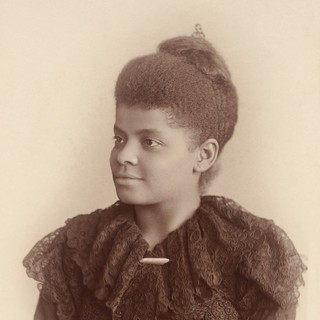How Enfranchisement Stops Lynchings
In this brief, yet potent essay, Wells-Barnett offered an explanation for the stagnant social progress and ongoing (even intensifying) violence that Black Americans experienced after the abolition of slavery. According to her analysis, any steps toward Black racial equality would remain temporary, unsustainable, or impossible until they could secure fully protected voting rights.
In her day, Ida B. Wells-Barnett did not get sufficient props for her skill as a sociological theorist. Even as I write this (in 2025), many sociologists still refuse to put respect on her name. This is unfortunate, especially for students who are still building up their theory-muscles. Wells-Barnett is a strikingly clear writer, especially when compared to most of her contemporaries. The clarity seems to be a result of her ability to merge an impactful retelling of a micro-level event with a clear assertion of the macro-level structure in question.
In my experience with Wells-Barnett's theory, the story is so emotionally impactful that it sticks with me (like a true crime story) and the theorizing is written in clear and to-the-point language. Both the story and the theorizing can be short because she ensured they were written with a clear through-line.

Photo Credit: Mary Garrity (1983)
Source: Wikimedia Commons

